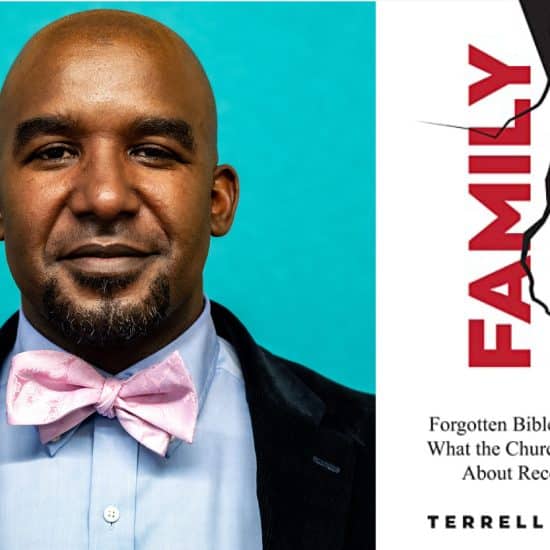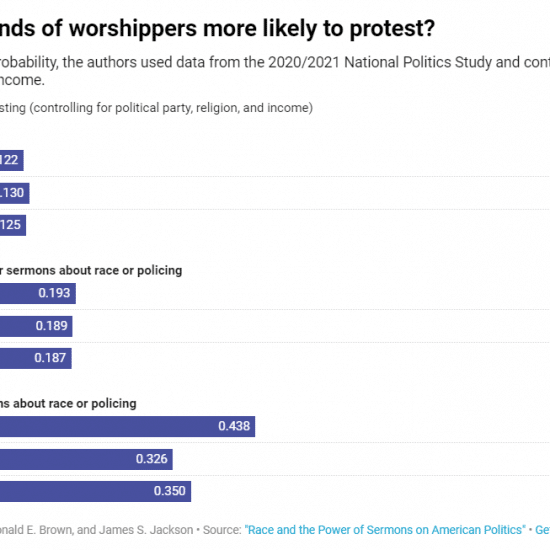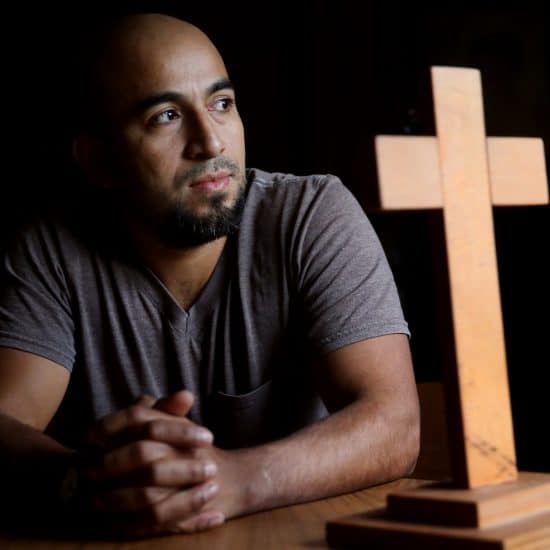The familiar text of 1 Corinthians 3:16 — “Don’t you know that you yourselves are God’s temple and that God’s Spirit dwells in your midst?” — is most frequently interpreted to mean that each believer’s body is a temple inhabited by God’s Holy Spirit.
Not too many generations ago, when tobacco use began to be exposed as a health hazard, Christian parents cautioned their children — particularly their sons — against its use by saying, “Don’t smoke; don’t you know your body is a temple?”
Later, as the health dangers of obesity and poor diet began to circulate, pastors and other leaders cautioned each parishioner to remember he or she is a temple and therefore needs to adapt a healthy lifestyle involving exercise and a healthy diet. (Fried chicken was not outlawed at church covered-dish events, but the unwritten expectation in such congregations presumably was that it should be enjoyed only in moderation.)
This verse often is the guiding motivation for getting-in-shape New Year’s resolutions.
But David May, professor of New Testament at Central Baptist Theological Seminary in Shawnee, Kan., says that in the “temple” passage, Paul is really dealing with “the corporate nature of the church.”
He noted that the original language uses the plural form of “you” each time it is used in verse 16: “Do you not know that you are God’s temple and that God’s Spirit dwells in you?” Some English translations make the plural clearer than others.
“Paul is not writing about individual Christians being individual temples with separate Spirits in each temple,” May explained. “Paul highlights that many folks make up one temple, which is the community of faith/church. And in that one community is the one Spirit (unity).
“One of the overarching problems in Corinth was the fractionalism/schism within the community,” he said. “The problem is demonstrated in various ways in 1 Corinthians…the divisions between the haves and the have-nots (in the observance of) the Lord’s Supper (11:17-22), or between those with differing gifts (14:1-40).”
The beginning of the first letter to the Corinthians acknowledges this problem, May explained: “Now I appeal to you brothers and sisters, by the name of our Lord Jesus Christ, that all of you be in agreement and that there be no divisions among you, but that you be united in the same mind and the same purpose (1:10).”
The “Do you not know…?” in verse 16 is a rhetorical question, May maintains. “The answer is that yes they do know, but they don’t act like they do…to know something is not always to do what is right,” he said.
“When Paul mentions temple, no doubt many different images and ideas bumped through people’s minds,” May said, depending upon whether the individuals were Gentiles or Judeans.
“For Judeans, the reference could conjure up images of the temple in Jerusalem (although how many had ever really seen the temple might be very few),” he said. “This Judean image would have stimulated all the concepts associated with Shekina theology, that is, the glory of God dwelling with the temple. Many Old Testament images come to mind related to the dwelling of God in the temple.” “For Gentiles, and for everyone in the Corinthians’ community of faith, even the Judean believers, the most likely connotation to a reference to temple would have been the multiple pagan temples that dotted Corinth and the other local cities,” he added. Even today visitors can stand in the shadow of the monolithic pillars of the temple to Apollo in the excavation of Roman Corinth. Down the road in Lechaeum is the temple of Poseidon with his image in it. In the other harbor city, Cenchreae, is the temple of Aphrodite with her image in it.
“My sense is temples were on almost every corner, like Baptist churches in the South,” May said.
“A small band of believers is created as a temple without walls that stands in contrast to the various pagan temples in Corinth and its environ,” he explained. “It is David against Goliath but just set in a different form. How can this ‘temple’ thrive and survive when it does not have all the necessary characteristics of a temple: building, rituals, priests, sacrifices and public festivals?”
May believes it survives and thrives because of its distinctive — the Spirit in its midst.
The professor believes Paul is literally throwing down the gauntlet to the Corinthian church, positioned in a city with many temples and many other gods, challenging any believer attempting to keep a foot in the church and the other in one of the pagan temples.
May further believes that the conclusion of verse 16 translated “God’s Spirit dwells in you” or similarly in several translations is best captured in the NIV: “God’s Spirit dwells in your midst.” In this context, it is not so much that a person is possessed by God’s Spirit, but rather that God’s presence among God’s people allows them to worship and serve God.”
For May, verse 17 — “If anyone destroys God’s temple, God will destroy that person; for God’s temple is sacred, and you together are that temple” — should not be separated from the previous verse.
The latter verse deals with threats to the health of the Corinthian congregation, not from the outside but from within the membership. The threat was from a leader or leaders within the group who were causing divisions and threatening the fragile unity of the Corinthian believers.
The attitude and actions of troublemakers were undermining the temple that Paul described.
Paul strongly acknowledged that a single person could destroy or corrupt (the same word could be translated either way) the church. “Here is the power of one, not for good but for evil parading as good,” May said. “For this reason, Paul calls down, like a prophet of old, divine destruction upon this person (or persons) head.”
May makes a case for “corrupt” as the translation because “corruption/impurity/pollution is the opposite of what the church (the temple of God) is to be: ‘For God’s temple is holy’ (verse 17b).”
The corporate presence of the Holy Spirit within a congregation does suggest something about the individual’s exercise of faith and pursuit of holiness. Christ instituted the church, and Paul was one of the primary advocates for expression of faithfulness by individuals, but in the context of the community of faith.
Corporate faithfulness enabled the congregation to compare positively to the other temples that proliferated in Corinth. The Spirit prompts the individuals in the body to live as winsome examples of God’s influence and power so that the whole church (temple) might influence those around it with its unity under God.






